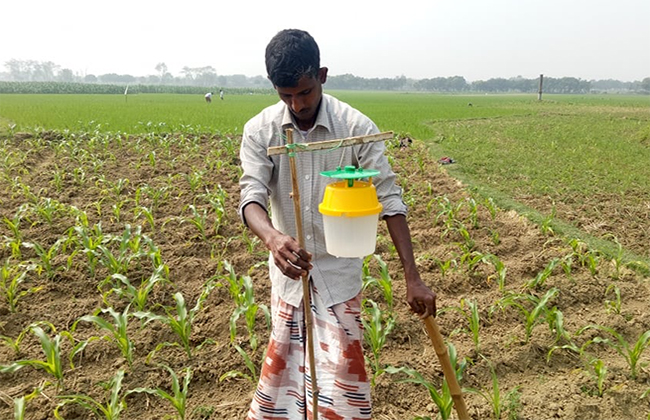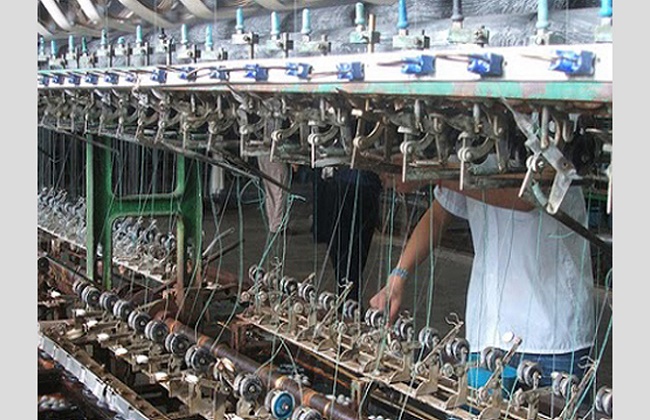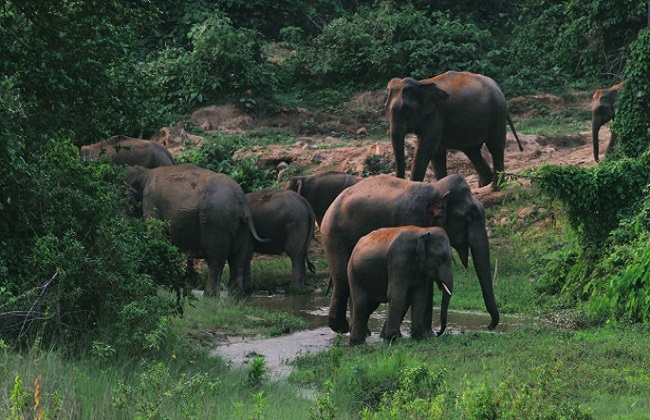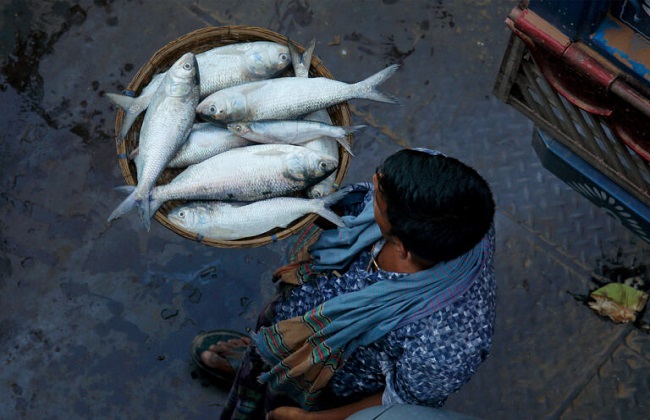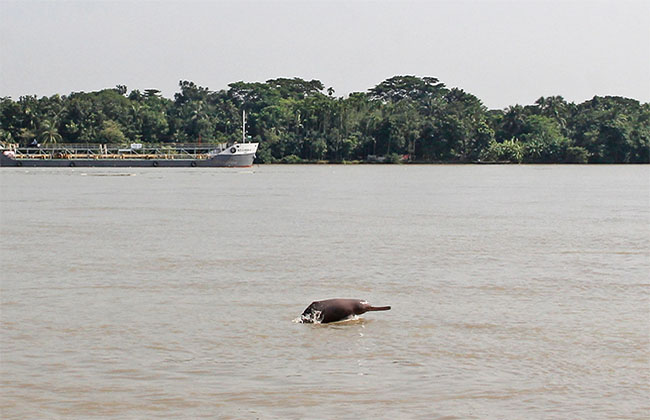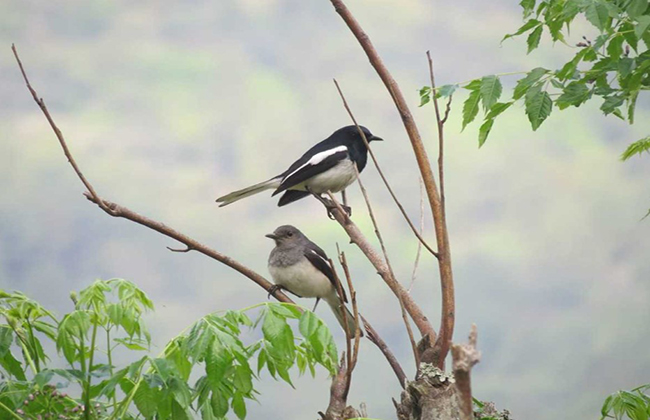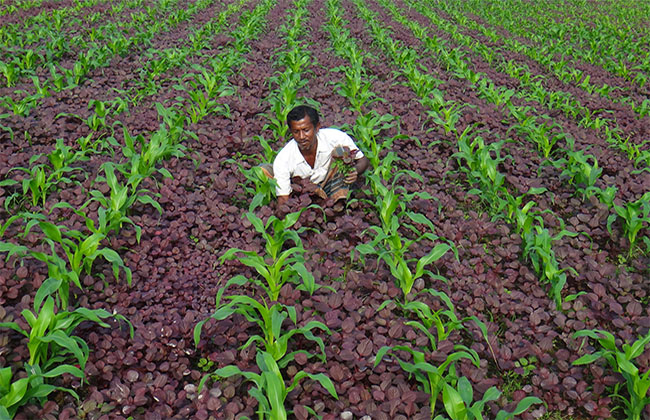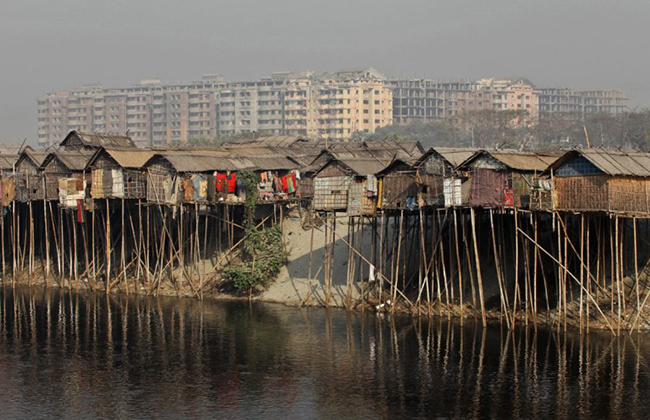Salinity intrusion triggered by different factors, including sea-level rise, commercial shrimp cultivation, and decreased upstream transboundary water flow, have directly affected agriculture in Bangladesh’s southern coastal districts in Bangladesh, some of which are also major producers of rice, the national staple. Bangladesh is the fourth-highest rice-producing country in the world, producing
Author: Abu Siddique
Bangladesh to produce lithium batteries, electric vehicles to cut emissions
In order to fulfill its promise of cutting greenhouse gas (GHG) emissions as part of the country’s nationally determined contribution (NDC) under the Paris Agreement, Bangladesh is on the way to setting up a lithium battery production plant with an annual capacity of 1 gigawatt. Simultaneously, several electric vehicle manufacturing
Extreme temperatures and erratic weather affect famous Rajshahi silk industry
Bangladesh’s famous Rajshahi silk industry has been struggling in recent years for many reasons, including the excessive dependency on imported low-cost yarn. The recent erratic weather has been worsening the situation, as the local mulberry and silkworm producers are now experiencing different bacterial and viral diseases, which eventually reduce the
In north Bangladesh, human-elephant conflicts signal need for greater protection
For the last couple of decades, Bangladesh has been taking on several projects with an aim to protect the wild Asian elephant (Elephas maximus indicus), which is critically endangered in the country. However, the conflict between humans and the wild pachyderms, consisting of both migratory and resident population, is yet
Climate change, human pressures push Bangladesh’s national fish into decline
Considering the importance of hilsa fish in the country’s dietary needs, economy, and the livelihood of fishermen, Bangladesh has long made several conservation attempts to increase the population of the fish. Most of these attempts have been a success. However, in recent years, fishermen are experiencing smaller catch on their usual
Banned but abundant, gillnets pose threat to Bangladesh’s river dolphins
The indiscriminate use of gillnets by fishers in Bangladesh has become a major threat to the two freshwater dolphin species found there: the Ganga River dolphin (Platanista gangetica) and the Irrawaddy dolphin (Orcaella brevirostris). Both species, listed as threatened by the IUCN, the global wildlife conservation authority, are found in the
Birds in Bangladesh find new lease of life in community-run sanctuaries
Degraded soil threatens to worsen food crisis
In an effort to feed 170 million people in a rapidly growing economy, Bangladeshi farmers rely on the widespread use of chemical fertilizers to boost production, leaving the country’s soil heavily degraded as a result. The country requires around 38 million tons of food grain. Some farmers are now switching to
Ecologically critical areas exist only on paper in Bangladesh
Popular eggplant comes with a side of lead in Bangladesh
Food safety in Bangladesh faces a serious threat from heavy metal contamination, according to recent studies, with one of the country’s most widely consumed vegetables, the eggplant, containing potentially cancer-causing amounts of lead, nickel and cadmium. Researchers attribute this to excessive use of chemical fertilizers and pesticides by farmers, as well

